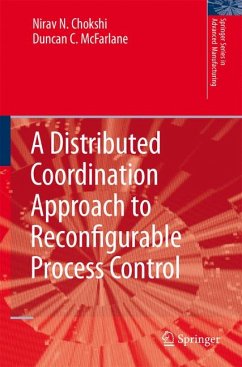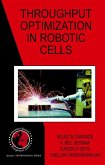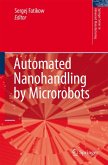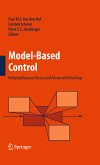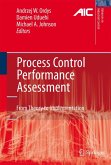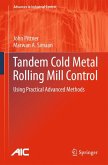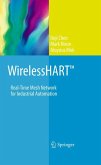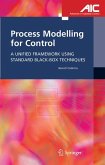A Distributed Coordination Approach to Reconfigurable Process Control presents research that addresses this critical question, via developing a new distributed framework that will enable the building of a process control system that is capable of reconfigurability. This framework views the process as a set of readily-integrated, modular process elements, which operate relatively independently and are each supported by a degree of stand-alone decision-making capability. The rationale and benefits of moving towards the new approach is demonstrated by means of a worked example of a real process plant.
A Distributed Coordination Approach to Reconfigurable Process Control will be a useful reference to both academic and industrial practitioners working in the field of design and integration of process control systems. The new architectural dimension presented in this research will also help end-users to gain an understanding of the economic aspects of material flows across their plants, and the ways in which their processes can be integrated across the enterprise.
Dieser Download kann aus rechtlichen Gründen nur mit Rechnungsadresse in A, B, BG, CY, CZ, D, DK, EW, E, FIN, F, GR, HR, H, IRL, I, LT, L, LR, M, NL, PL, P, R, S, SLO, SK ausgeliefert werden.
"The book is well organized and presents the most important classical and modern essentials of manufacturing control engineering. Suitable for senior under graduate and under graduate students as well as practical engineers and researchers interested in a distributed coordination approach to reconfigurable process control." (Seenith Sivasundaram, Zentrablatt MATH, Vol. 1153, 2009)

